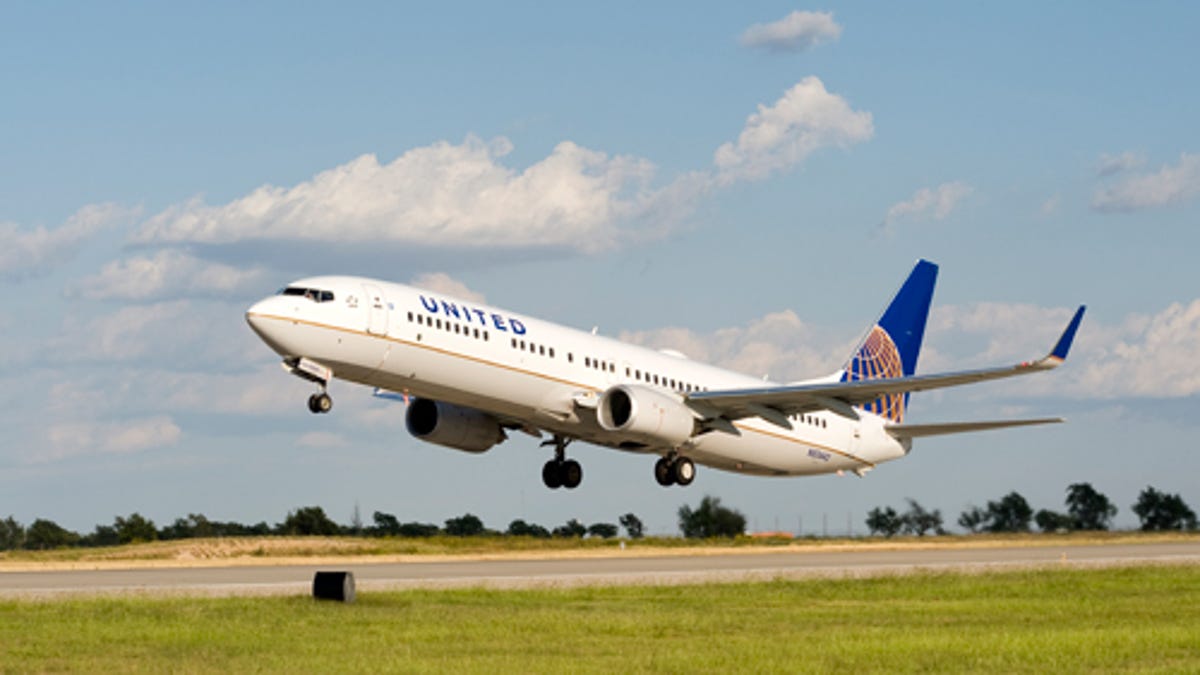FAA to loosen rules on in-flight electronic devices, says WSJ
The new rules would allow passengers more freedom to use certain devices at low altitudes.

Airline passengers may be able to use their favorite electronic gadgets from takeoff to landing if new FAA guidelines come to pass.
The Federal Aviation Administration is expected to ease the restrictions on the use of certain devices at lower altitudes, according to the Wall Street Journal.
Citing "industry officials and draft recommendations prepared by a high-level advisory panel to FAA," the Journal reported on Friday that passengers would be spared from having to turn off all electronic devices, though cell phones may or may not remain on the banned list.
The FAA's current guidelines prohibit the use of mobile phones and other devices until planes reach an altitude of 10,000 feet. That prohibition has rested on concerns that certain devices could interfere with ground-based wireless networks, creating trouble for airlines flying at low altitudes.
But an advisory panel for the noted that aircraft are now much more tolerant of any potential interference, while today's mobile devices themselves use less power and send out weaker signals. In the past, the FAA has also left it up to individual airlines to decide which devices fall under the hit list, leading to a lack of a true standard.
The panel believes that "confidence in the FAA and the [industry's] ability" to integrate personal electronic device usage will erode, and a "nonstandard system" of patchwork rules adopted by individual airlines "could emerge that further confuses the public," the Journal said.
The panel's current recommendations don't take up the topic of mobile phones, leaving that device in an in-flight limbo. But the members of the panel feel that cell phone use should be on the table and plan "to provide a separate addendum" that the FAA "may or may not address," the Journal added.
Update 7:59 a.m. PT: The FAA said Friday that the advisory panel has delayed making its recommendations by two months until late September, according to Reuters.

